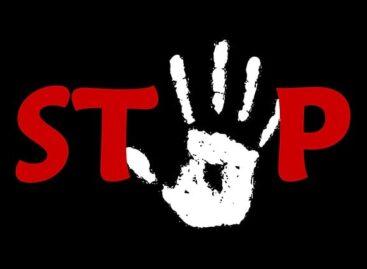Magazine: Some information about the rules regulating buyer power
In April 2019 Directive 2019/633 of the European Parliament and the European Council on unfair trading practices in business-to-business relationships in the agricultural and food supply chain (UTP Directive) was adopted.

Dr. Judit Firniksz
senior colicitor
Réti, Várszegi és Társai
Ügyvédi Iroda PwC Legal
The problem of unfair trading practices was first discussed at EU level in 2009, when high agricultural prices entailed a consumer price increase. When the markets affected by this phenomenon were examined, the experts found that a small number of trading actors have relatively great bargaining power. The concept of ‘buyer power’ emerged from this research, which describes the asymmetric relationship between buyer and supplier, when larger and more powerful trading partners seek to impose certain practices or contractual arrangements which are to their advantage in relation to a sales transaction.

Dr. Barbara Dávid
trainee solicitor
Réti, Várszegi és Társai
Ügyvédi Iroda PwC Legal
How is this domain regulated in Hungary? Act 164 of 2005 on trade uses the size of sales revenue to ensure protection for suppliers from too powerful trading partners. The so-called Trade Act uses the concept of ‘significant market power’, saying that such a power exists when a supplier can’t avoid a trading partner as a contractual partner in getting their products or services to the consumers at regional or national level. Another law that governs this field in Hungary is Act 95 of 2009 on the prohibition of unfair distributor conduct vis-à-vis suppliers regarding agricultural and food industry products. This act aims to provide for fair business conduct among the organisations trading in agricultural and food industry products and their suppliers.
Member states must transpose the UTP Directive into national law until 1 May 2021 and the regulation can be imposed on supplier contracts entered into after 1 November 2021. In comparison with the Hungarian regulation, the main difference is that the UTP Directive narrows down the sales revenue based categorisation of enterprises: It must be applied if the imbalance between the annual sales revenues of the buyer and the supplier justifies the intervention, with regard to the fact that the directive doesn’t extend the minimum level of protection to suppliers with an annual sales revenue above EUR 350 million. Another significant difference is that according to the UTP Directive, in the case of so-called ‘black list’ behaviours the fact of the infringement can be established without having to study any further circumstance, while the cases on the ‘grey list’ only raise concern if the conditions referring to them haven’t been settled clearly and unambiguously in writing by the parties in advance. //
Related news
EU Commissioner: New regulation strengthens protection for farmers and smaller suppliers in the food chain
🎧 Hallgasd a cikket: Lejátszás Szünet Folytatás Leállítás Nyelv: Auto…
Read more >University of Sopron introduces standardised AI regulatory framework
🎧 Hallgasd a cikket: Lejátszás Szünet Folytatás Leállítás Nyelv: Auto…
Read more >Related news
The government is supporting dairy farmers with a new measure
🎧 Hallgasd a cikket: Lejátszás Szünet Folytatás Leállítás Nyelv: Auto…
Read more >







